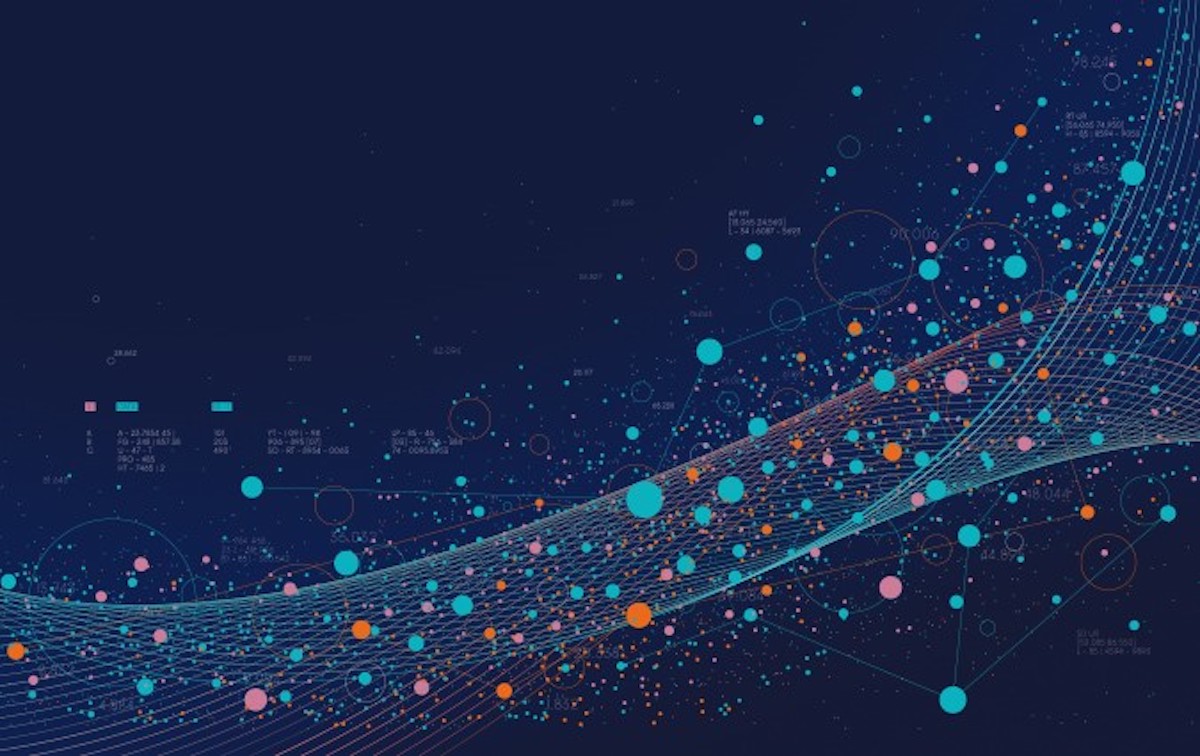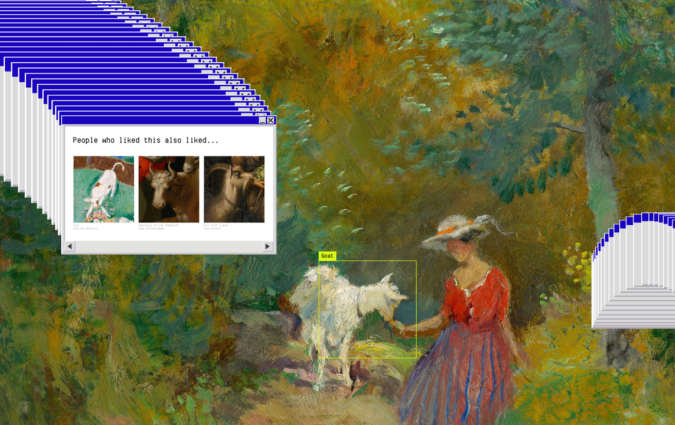How we approached the Digital News Report 2023

We thank Maria Ressa and her team at Rappler for their important work in the Philippines and globally, and Maria Ressa for her service in the past as a member of the Reuters Institute Advisory Board. We are sorry that our work has been abused to attack her and her colleagues, and we are sorry to hear she has told the Guardian that she thinks our work and our methodology risks undermining media in the global south.
Alan Rusbridger, Chair of the Reuters Institute’s Steering Committee, says: “We deplore abuse against Maria Ressa and misrepresentation of our research. The Institute has reviewed the methodology with our country partners and Advisory Board. We believe it is robust. We have taken steps to mitigate abuse, push back against it, and will continue to do so”.
As we have stressed in the past, our research shouldn't be abused, for example, to make the false claim that Rappler is the least trusted (or the most distrusted) news organisation in the Philippines. We have pushed back against such abuse in the past and will do so again.
The Institute staff and wider community includes journalists, researchers, and other colleagues from all corners of the globe, including many in the Global South facing hostile governments and organised attacks, and we are keenly aware of how difficult it is to do independent journalism in many parts of the world.
We constantly review the methodology that the Digital News Report is based on, as well as how we present our data and research findings. In addition to reviewing it internally at the University of Oxford and with our country partners, we have, while maintaining editorial independence from those we cover in our research, reviewed it with our Advisory Board, which includes experienced editors from India, Pakistan, Venezuela and other countries in the Global South, taking into account as part of these review processes input from many journalists from across the world, including Maria Ressa.
Based on these reviews and the input we have received, we believe the survey methodology, questions, and research findings in the Digital News Report are robust. Our approach has undergone review by the University of Oxford Central University Research Ethics Committee, it serves as the basis for many peer-reviewed academic publications both by ourselves and many other researchers who rely on the data and cite our work, and is pursued under the University’s Code on academic integrity in research, which explicitly prohibits the omission of inconvenient data from analysis and publication. In line with the latter, we always seek to present data that we believe is robust in a consistent way across all the brands and countries covered.
While sometimes uncomfortable, brand-level trust data in the Digital News Report adds important nuance to our understanding of public perception of news and media. For example, it documents that many state-controlled broadcasters and polarising partisan and populist news media often aren’t widely trusted, even when they have high reach. Some of these kinds of organisations have in the past attacked us publicly and have often complained to us privately, demanding that we omit data, remove them from the survey, or stop doing this part of the research. We listen to all input, whether we have personal sympathy for a given organisation or not, and we correct any factual errors or methodological flaws identified, but such demands we always refuse. Like our namesakes at Reuters, we aim to operate with integrity, independence, and freedom from bias, and like them, we leave advocacy to those who excel at it.
This year, we have taken additional steps to mitigate the risk of abuse of our brand-level data on trust, which has in the past been misused to make false claims about Rappler. We have changed how we present the data; we have added more prominent disclaimers, methodological detail, and explanation around the brand-level trust data, included additional context on each country page, specifically Reporters without Borders’ Press Freedom Index ranking; and we repeatedly throughout the report stress that trust as we measure it in the report is subjective, and not necessarily the same as trustworthiness, let alone quality. (For those interested in substance, here is more detail about the method the Digital News Report relies on, and here is our FAQ about how we research trust specifically.)
While I know it does not lessen the pain when our work is sometimes taken out of context, misrepresented, and otherwise abused to make false and misleading claims about independent news media, we know from journalists and editors across the world that they often rely on our research to inform their thinking and decision-making, both when the findings are encouraging, and when they are troubling. (This includes Rappler, which quotes the Digital News Report in this 2021 post about their own work, as well as in this 2022 report by the Rappler Research Team.)
Like all work in the public domain, our research can be abused by those who are willing to cherry-pick data and take things out of context. (Such context can be found in the Philippines’ country page written by our country partner, an experienced Filipino journalist and journalism professor whom we are lucky to work with.) We are deeply sorry such bad faith misuse against our explicit explanations on what the research does and does not show has created problems for Maria Ressa and her colleagues at Rappler, and we reiterate that our research shouldn't be abused.
It is always legitimate to discuss the strengths and weaknesses of different approaches, including ours. No approach is perfect or suited for all purposes, and we always want to listen to substantial input. Based on the input we have received and the various reviews we have conducted internally, with our country partners, and with our Advisory Board, we stand by our research methods, the results, the team involved, and the country partners we work with across the globe.
At this particular moment, it’s more important than ever that journalists learn as much as possible about their audience. At the Reuters Institute, we try to contribute to this by continuing to provide independent analysis and useful original data to journalists and news media all across the world.




